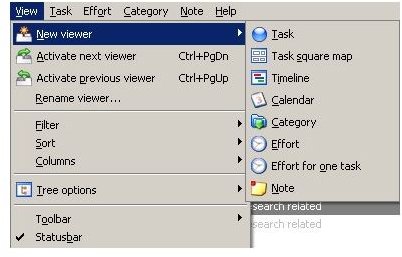
For the most part, the duration of tasks is below that threshold, but it can vary greatly as Elasticsearch and Kibana usage grow and task complexity increases (such as alerts executing heavy queries across large datasets).īy estimating a rough throughput requirment, you can estimate the number of Kibana instances required to reliably execute tasks in a timely manner. In practice, a Kibana instance will only achieve the upper bound of 200/tpm if the duration of task execution is below the polling rate of 3 seconds. This means that you can expect a single Kibana instance to support up to 200 tasks per minute ( 200/tpm). Default scale editīy default, Kibana polls for tasks at a rate of 10 tasks every 3 seconds. However, there is a relatively straight forward method you can follow to produce a rough estimate based on your expected usage.


Predicting the throughout a deployment might require to support Task Management is difficult because features can schedule an unpredictable number of tasks at a variety of scheduled cadences. How you deploy Kibana largely depends on your use case. To ensure schedules are triggered when expected, synchronize the clocks of all nodes in the cluster using a time service such as Network Time Protocol. Deployment considerations editĮlasticsearch and Kibana instances use the system clock to determine the current time. To address these issues, tweak the Kibana Task Manager settings or the cluster scaling strategy to better suit the unique use case.įor details on the settings that can influence the performance and throughput of Task Manager, see Task Manager Settings.įor detailed troubleshooting guidance, see Troubleshooting.

This is usually a symptom of the specific usage or scaling strategy of the cluster in question. It is possible for tasks to run late or at an inconsistent schedule.


 0 kommentar(er)
0 kommentar(er)
